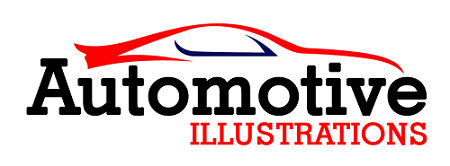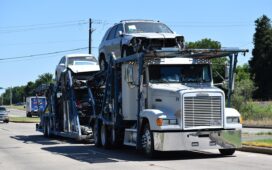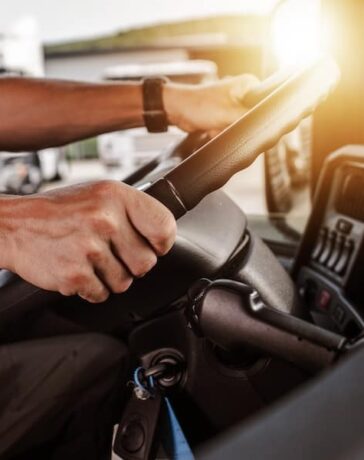When involved in a car accident, the aftermath can be overwhelming, especially when it comes to restoring your vehicle. Understanding the process of collision recovery is crucial for ensuring your car is returned to its original state. This article discusses essential considerations, including car collision repair and the role of car body shops, among other key factors to keep in mind during the recovery process.
Car Collision Repair: Ensuring Quality Restoration
Car collision repair encompasses the various processes needed to restore your vehicle after an accident. The primary goal of collision repair is to return the car to its pre-accident condition, ensuring safety, performance, and aesthetics are all addressed.
Assessing Damage
The first step in car collision repair is a thorough assessment of the vehicle’s damage. This usually involves a detailed inspection by a certified mechanic or collision repair technician, who will identify not only visible damage but also hidden issues that may have arisen from the accident.
It’s important to keep in mind that damage can extend beyond the exterior body panels. Mechanical components, structural integrity, and safety features like airbags may also be affected. A comprehensive evaluation helps to ensure that all necessary repairs are accounted for, preventing future issues that could arise from overlooked damage.
Choosing Quality Parts
When restoring your vehicle, the quality of parts used is paramount. Repair shops may offer OEM (original equipment manufacturer) parts or aftermarket options. OEM parts are made by the vehicle’s manufacturer and are typically recommended for their quality and fit. While aftermarket parts can be more cost-effective, they may not always match the same level of quality or safety.
Importance of Skilled Technicians
The expertise of the technicians performing the repairs is another critical factor in the collision recovery process. Look for a body shop with certified professionals who have experience with your specific make and model. Proper training ensures that the technicians understand the nuances of your vehicle, leading to higher-quality repairs and a safer end product.
Car Body Shop: Your Partner in Collision Recovery
Choosing the right car body shop is crucial in the recovery process. A reputable body shop will not only repair your vehicle but will also guide you through the entire process, making it less stressful.
Researching Body Shops
Before selecting a body shop, conduct thorough research. Look for shops with positive reviews, certifications, and affiliations with industry organizations. This can indicate a commitment to quality and customer satisfaction.
You may also want to ask for recommendations from friends, family, or your insurance company. Many insurance providers have partnerships with specific body shops, which can simplify the claims process and ensure you receive quality service.
Understanding the Repair Process
A reputable car body shop will provide a clear outline of the repair process. This includes an initial estimate, detailed timelines, and updates throughout the process. Transparency is key; a good shop should be willing to explain each step, including the repairs needed, the parts being used, and any potential delays.
Other Key Considerations
Insurance Claims and Coverage
Understanding your insurance policy is vital when navigating the collision recovery process. Different policies may have varying coverage levels, which can affect your out-of-pocket costs for repairs. Review your policy details and contact your insurance agent to clarify your coverage options, deductibles, and claims process.
Maintaining Communication
Open communication with your body shop and insurance provider is essential. Regular updates can help you stay informed about the progress of your repairs and any issues that may arise. A proactive approach ensures that you are not left in the dark about the status of your vehicle.
Post-Repair Inspection
Once the repairs are complete, it is crucial to conduct a post-repair inspection. This involves checking the work done, ensuring that the vehicle is safe and functional. If possible, take the car for a test drive to assess its handling and performance. If you notice any discrepancies, address them immediately with the body shop.
Conclusion
Restoring your vehicle to its original state after a collision requires careful consideration of various factors, including the quality of car collision repair, the choice of a reliable car body shop, and effective communication throughout the process. By understanding these key elements and being proactive, you can navigate the collision recovery process more efficiently and ensure your vehicle is safe and reliable on the road again.














